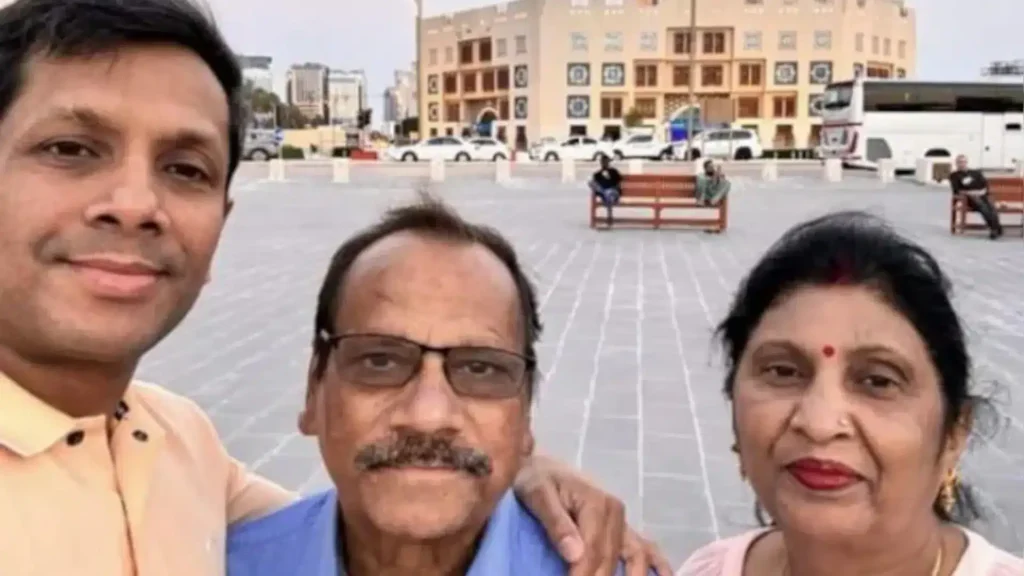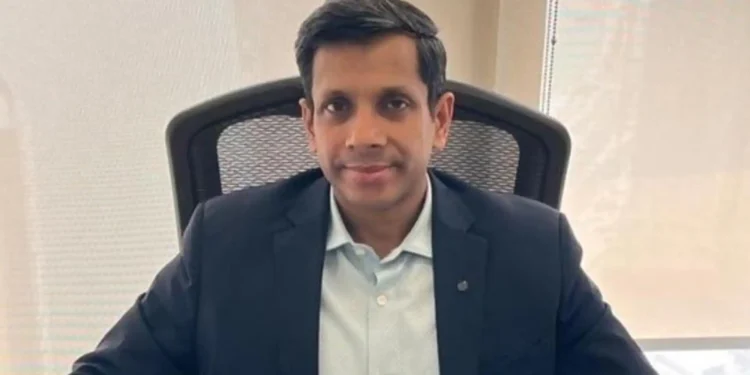Amit Gupta, the country head for Tech Mahindra in Kuwait and Qatar, has been held in detention by Qatari authorities since 1 January 2025. Nearly three months on, his family continues to seek clarity on the reasons for his arrest. The case has sparked concern among the global Indian diaspora, raising questions about diplomatic protocols, legal transparency, and consular support for non-resident Indians (NRIs) working in the Gulf region.
The incident has drawn attention from Indian media, international observers, and the broader NRI community, as Gupta’s family and employer await a formal explanation from Qatar’s government. The detained executive’s case mirrors previous instances of Indian nationals being arrested without public disclosure of charges, highlighting the precarious nature of expatriate employment in certain jurisdictions.
NRIAffairs.com has previously covered issues concerning NRIs in Gulf countries, including legal and diplomatic challenges faced by workers and professionals in the region. The detention of Amit Gupta adds to this ongoing narrative.
A Prominent Role in Qatar’s Tech Sector
Amit Jagjit Prasad Gupta has been based in Doha since 2013, where he served as the regional head of operations for Tech Mahindra, a leading Indian technology and consulting company operating across 90 countries. The firm employs over 138,000 professionals worldwide and maintains a strong presence in the Middle East.
Gupta was reportedly detained by Qatari state security officials from a restaurant near his office on New Year’s Day. His family claims he was taken without being informed of any charges. Since then, his only communication with them has been a weekly five-minute phone call.
His father, JP Gupta, shared that Amit repeatedly asserts his innocence during these brief conversations. “He keeps saying, ‘Dad, I have not done anything wrong,’ before breaking down,” Mr Gupta told BBC Hindi.
Lack of Information from Authorities
To date, Qatari authorities have not disclosed the charges or grounds for Amit Gupta’s detention. The Ministry of Interior has not responded to requests for comment from various media outlets, including the BBC.
His employer, Tech Mahindra, released a statement confirming that they are in regular contact with Gupta’s family and are cooperating with authorities in both India and Qatar. A spokesperson said the company is “providing all necessary support” and “ensuring the wellbeing of our colleague is our top priority.”
Despite repeated appeals, the Indian government has not made a formal public statement regarding the case. However, sources in India’s Ministry of External Affairs (MEA) confirmed that the Indian Embassy in Doha is “closely following the case” and remains in communication with Gupta’s family, his lawyer, and Qatari authorities.
Family’s Plea for Diplomatic Intervention
The prolonged uncertainty has taken a toll on the family, who remain in India. Amit Gupta’s wife, Aakanksha Goyal, expressed distress over the situation and the lack of progress despite their appeals. She wrote a letter to the Prime Minister’s Office in February, stating that her husband was “under immense mental pressure/trauma” and requesting urgent diplomatic intervention.
Key points from the family’s concerns include:
- The family has not been informed of any charges.
- No investigation or questioning of Amit Gupta has taken place yet, according to his father.
- Weekly calls offer limited communication and emotional distress.
- Children aged 11 and 4 are struggling with their father’s absence.
Ms Goyal noted that her letter to the Indian authorities was acknowledged and referred to the MEA, but no further developments have been communicated. She added that the family has requested a meeting with both Prime Minister Narendra Modi and External Affairs Minister Dr S Jaishankar.
In February, Gupta’s parents travelled to Doha and were able to meet him briefly with assistance from the Indian Embassy. “When we saw him, he hugged us and cried. He kept repeating that he had done nothing wrong,” Mr Gupta told reporters.

Diplomatic Context and Previous Incidents
The case has reignited memories of another high-profile incident involving Indian nationals in Qatar. In 2022, eight former Indian naval officers were arrested and later sentenced to death by a Qatari court. While the charges were never officially disclosed, Indian media reports suggested accusations of espionage. Their sentences were later commuted, and they were released in February 2024.
The diplomatic resolution of that case was widely perceived as a successful intervention by Indian authorities. The recent state visit by Qatar’s Emir, Sheikh Tamim bin Hamad Al Thani, to India in February 2025 further strengthened bilateral ties. During this visit, India and Qatar elevated their relationship to a strategic partnership—a move that could now play a role in resolving Amit Gupta’s case.
Given the precedent, observers hope for a similar outcome through diplomatic engagement. However, the lack of transparency surrounding Gupta’s arrest and prolonged detention has become a source of growing concern within the Indian expatriate community.
Implications for NRIs Working in the Gulf
With hundreds of thousands of Indian nationals employed in Qatar across various sectors—including construction, healthcare, education, and technology—the case has significant implications for the NRI workforce. While Gulf countries offer lucrative employment opportunities, cases like Gupta’s raise awareness about the legal protections—or lack thereof—available to foreign workers.
Points of concern raised by NRI advocates include:
- The need for clearer legal representation for detained expatriates.
- Increased transparency and communication from host governments.
- Stronger support from Indian missions abroad in such cases.
- Enhanced pre-departure briefings for NRIs on their legal rights and local laws.
This incident is also a reminder of the precarious legal landscape many expatriates operate within, particularly in nations with limited public disclosure of legal proceedings.
Family Awaits a Resolution Amid Growing Anxiety
As the weeks pass with no resolution, Amit Gupta’s family continues to appeal for answers. His wife says their children are finding it difficult to understand the situation, especially with an upcoming birthday that the 11-year-old son hoped to celebrate with his father.
“My son’s birthday is in April, and he is expecting Amit to be there as usual,” she said.
With diplomatic channels active and public attention increasing, the family hopes that greater pressure will be placed on Qatari authorities to expedite the legal process. Until then, they await clarity—and the return of a father, husband, and son who, they say, has always served with integrity.
The case continues to be monitored closely by NRI communities worldwide, who see it as emblematic of broader concerns regarding the rights and protection of Indians working overseas.
For the latest updates on NRI affairs and diplomatic developments, visit www.nriaffairs.com.











